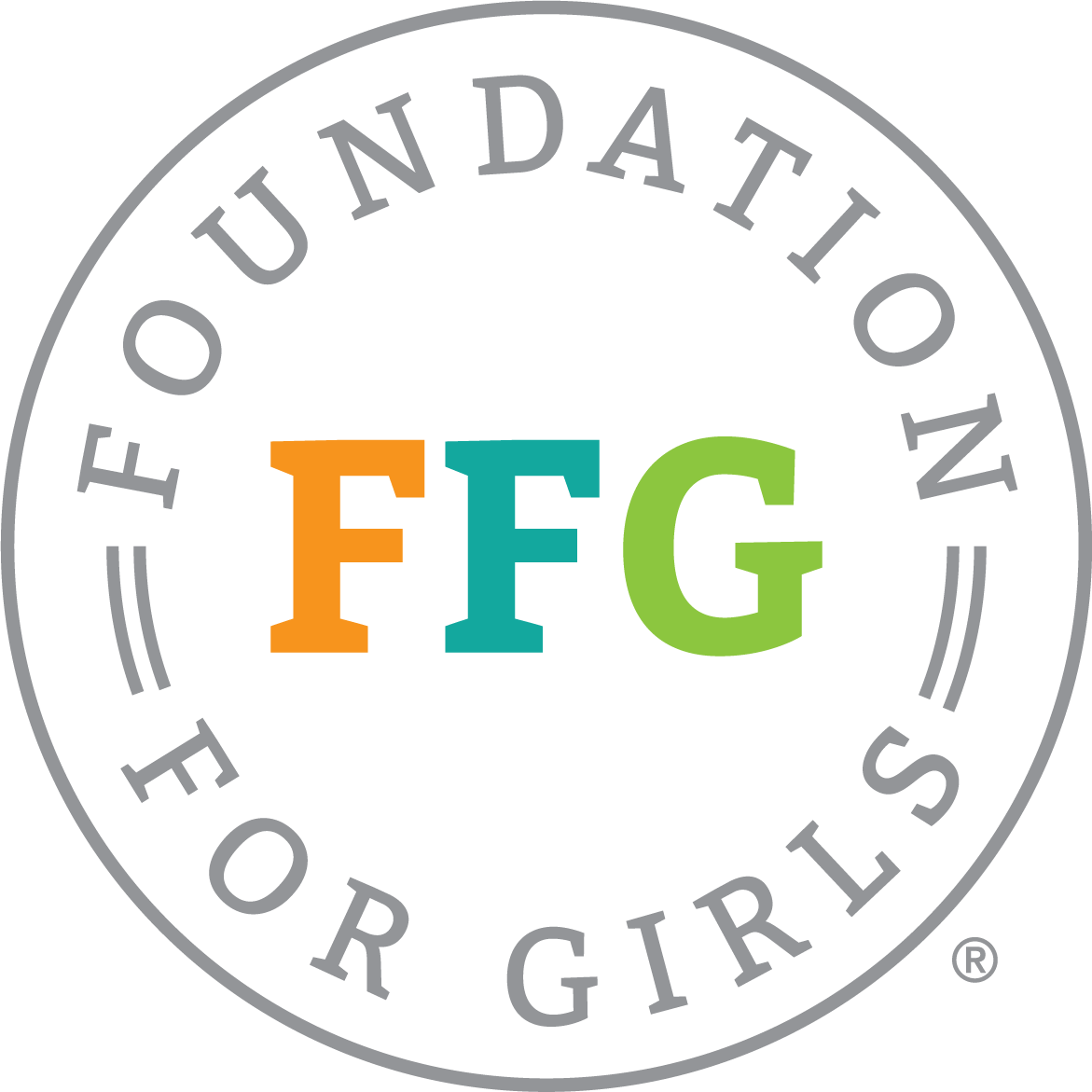Goal: Personal Resilience
FFG is focused on economically empowering women and supporting their children. Through this work, we recognized the need to go beyond career coaching, financial counseling, and digital learnings. The populations we serve are at greater risk and oftentimes have an ACEs score.
What are ACEs?
ACEs stand for Adverse Childhood Experiences and these can lead to toxic stress and exaggerated responses to ordinary circumstances.
The book “The Deepest Well” by Dr. Nadine Burke Harris highlights a study conducted by the doctor on populations that have multigenerational trauma leading to disease and early death. As the doctor noted, “ACEs are handed down so reliably from generation to generation even more consistently transmitted from parent to child than any genetic disease seen.” For every woman empowered through our resources, we in turn support 5 others in their network. We are focused on encouraging behavioral change which in turn breaks the toxic stress cycle, builds resilience within the program participants ensuring the start of multigenerational change. As an organization, we aim to continue to help our participants overcome ACEs through resilience and want to guide the community’s response towards at-risk populations.
ACEs Integration Team Lead
Rue mushavi - Sr. Consultant, Ernst & Young
“FFG participants are among the group considered most vulnerable to experiencing Adverse Childhood Experiences (ACEs) because of the social and economic conditions in which they live, learn, work and play. FFG works to help our participants overcome ACEs through resilience. ACEs can have lasting effects on: Health, Behaviors and Life Potential. As FFG Coaches, we focus on behavior change for long-term and multi-generational impact. I’m thrilled to be leading this effort. FFG coaches strive to change the outcome for women that have been let down their entire lives by showing up and using our privilege to advocate for them where possible. In 2022, FFG will continue to build sessions to guide our coaches, and continue to champion change for FFG participants.”







